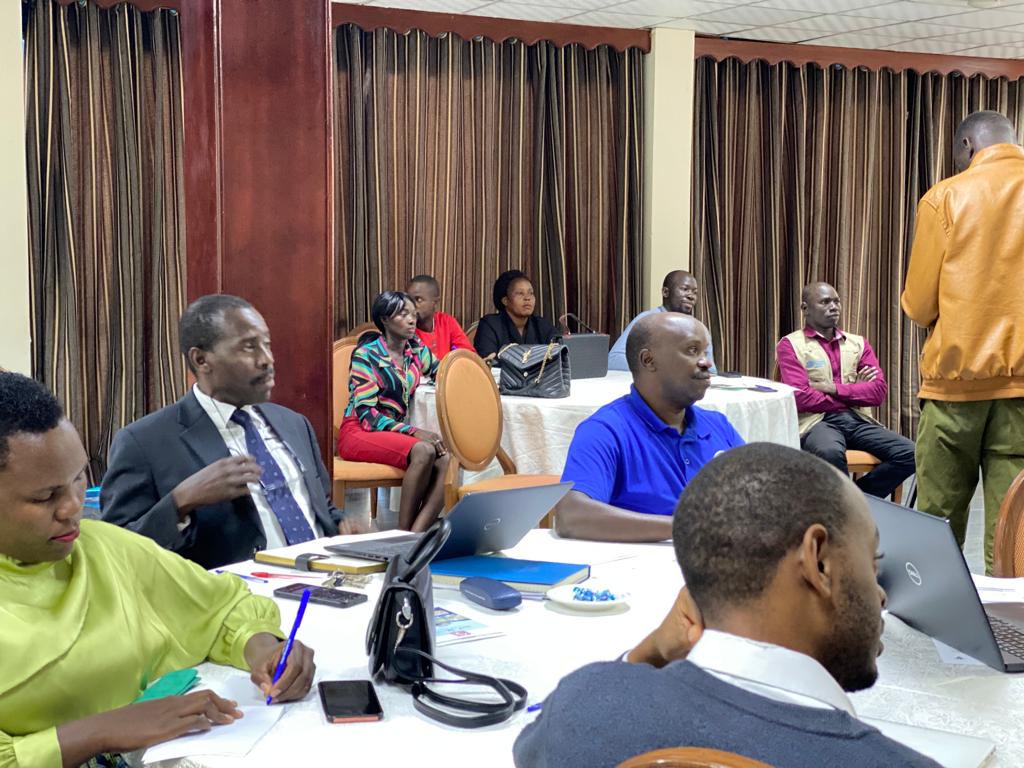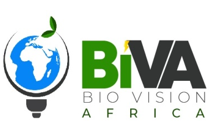
By Betty Obbo
BiVA convened a multi-stakeholder workshop to discuss what is happening in the country in regard to plastic pollution and suggest ways to address the problem. Plastics is a real challenge. It is one of the developments challenges the world is grappling with today.
Uganda does not have adequate waste management systems. The underlying factors are inadequate waste management facilities, limited waste collect systems, and inadequate community awareness and education. Plastic waste is mainly collected by waste-pickers who are contributing immensely to waste management in the country. When better organized and formalized, waste pickers can increase their contribution to environmental protection.
The Constitution of the republic of Uganda Article 39, Section A, stipulates that all Ugandans have a right to a clean and healthy environment. In addition, there are environmental laws that govern waste management, specifically the Physical Planning (Amendment) Act 2020, that stipulates that everyone in Uganda is under obligation to refrain from littering or dropping rubbish outside the litter bin. In compendium to these issues, the critical matter is section 76(2) of the National Environment (Waste Management) Regulations, 2020 that clearly provides guidance to importers and manufactures of plastic products, as well as user/consumers of single-use plastic products.
In essence the laws and regulations governing plastics in the country are available, however the implementation of the laws remains a challenge. Government of Uganda has attempted to ban the manufacture, importation and trade in plastic carrier bags bellow 30 microns, but implementation of the ban has failed. Today, Plastic carrier bags (Kaveera) takes the biggest percentage of plastic waste in the country, and determining the different microns of the polythene bags with a naked eye is a nightmare! Sadly, plastic shopping bags are not labeled, and manufactures do not tell consumers what to buy!
People do not have viable solutions to manage plastic waste. For example, shopkeepers around shopping centers across the country just collect plastic waste around their premises and burn them. In some homes & small food kiosks, polythene papers are used to cover food while cooking and eventually chemicals in the polythene papers dissolve in the food.
Key outcomes of the meeting included;
• Organize Waste Pickers into a formal group that can be supported to amplify their voices.
• Government should put in place an infrastructure for sorting waste from the Household level, during transportation and to the disposal site.
• Need to gazette dump sites for the different Waste streams.
• Engage more policy makers to address the gaps in the legislation of plastic lifecycle.



